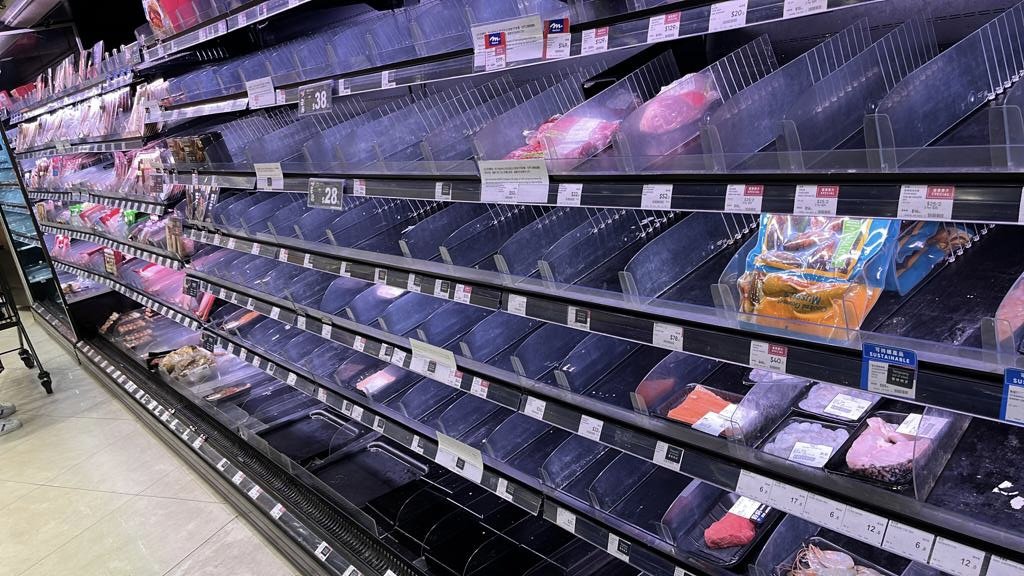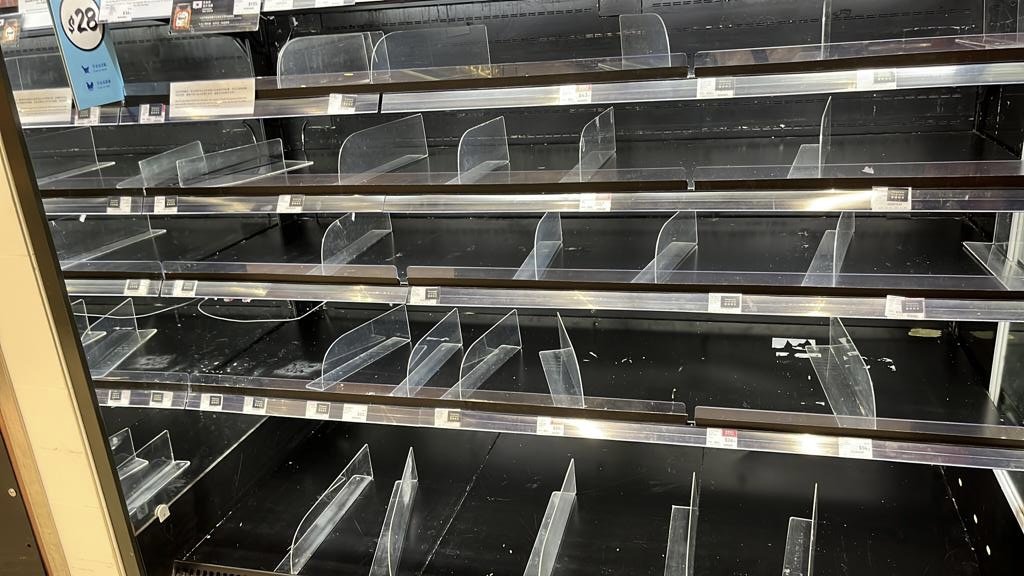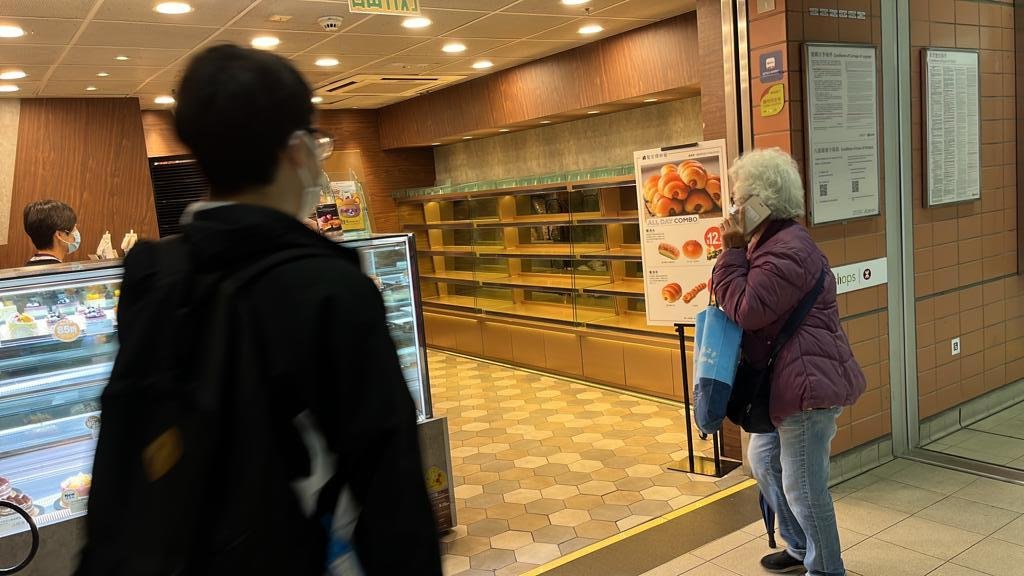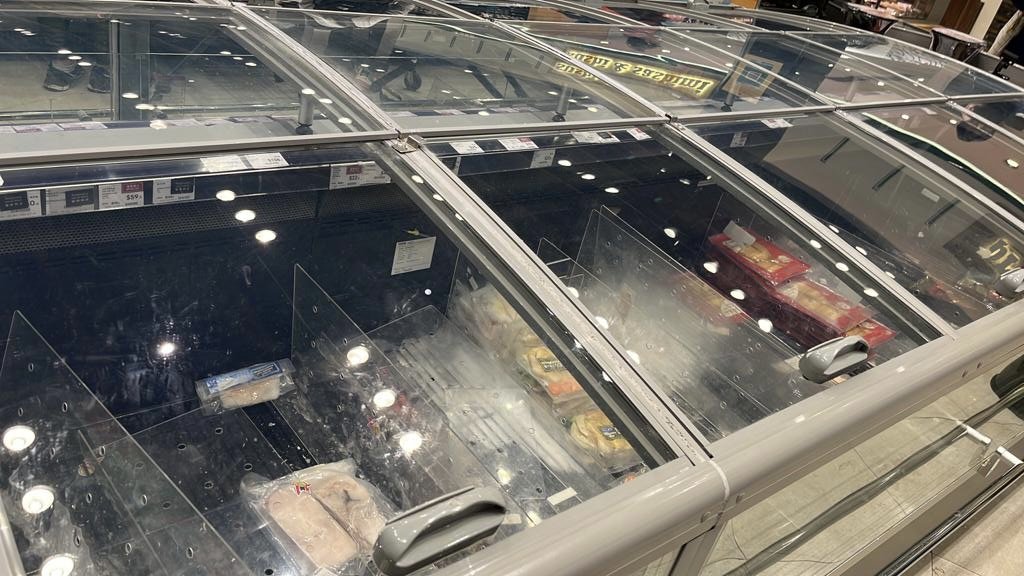Stop panic buying—Hong Kong’ nine-day lockdown and what we can do instead to prepare
By Phoebe Kwok
Hong Kong’s fifth coronavirus wave has been ongoing since last December, with a record-breaking number of cases every day and one of the highest death rates in the developed world. The government initially announced on February 28th that preliminary planning had started for a city-wide lockdown in March. The next day, government sources said that a nine-day ‘large-scale lockdown’ would take place. Not long after the announcements, the panic-buying began [1][5].
Confusing and contradictory messages from government officials have left people in the dark or otherwise misled about what a lockdown would look like for Hong Kong. The exact details and logistics of the impending lockdown are still under deliberation. If it happens there are some things we know are likely to be true:
Hong Kong will not undergo a complete lockdown.
While the government has been frustratingly vague and unclear on this, likely, the lockdown will not be complete. This means that the lockdown will not trap people in their homes the whole time, as has been feared, and it will also not apply to the entire city. Exemptions are expected to be made for certain groups, like essential workers. One thing is clear: the city cannot handle the complete shutdowns and restrictions adopted by major Chinese cities during the beginning of the pandemic. With human resources stretched thin and first-responders taking the brunt, the government will not have the ability to enforce a complete lockdown even if they wanted to. Carrie Lam also stated in a Lo Wu press conference on March 2nd that Hong Kong will ‘definitely not implement this [2]’. Executive Council convenor Bernard Chan reiterated this: ‘We just can’t do it in Hong Kong. we cannot have the same sort of lockdown as in the mainland [3]’.We will still be able to go out during the lockdown.
According to government sources, people will still be able to regularly go outside of their homes to buy groceries and other necessities. Lockdown exemptions will also be made for those who need medical treatment or carry out urgent tasks [10]. These outings will not be as restricted as those that occurred in Chinese cities such as Wenzhou, where only one resident per household was allowed to leave every two days.The lockdown will (presumably) last for four to nine days.
Reports on the exact length of the lockdown have been murky at best and conflicting at worst. Multiple news organisations have all offered different versions of the same story. According to HK01, the lockdown will last four days and begin at the end of March, while SCMP (South China Morning Post) and Sing Tao Daily reported a more severe nine-day lockdown planned for mid-March. Both reported lockdown lengths were cited from unidentified government sources [5].
Panic-buying swept through Hong Kong on the 28th of February after Secretary for Food and Health Sophia Chan told Commercial Radio that the government was considering a lockdown. The following week saw lines of residents queuing to stockpile food, medicine, hygiene and cleaning supplies. Supermarkets and pharmacy shelves were emptied as stores struggled to supply the increasing demand. The panic was exacerbated by announcements that supermarket giants ParknShop, Wellcome, and Mannings would shorten opening hours to keep staff and customers safe. All of this came despite reassurances from the government that supplies were sufficient to last a nine-day lockdown [10].
Apart from being an unnecessary act in and of itself, panic-buying is not without its consequences. Already, its effects are hitting Hong Kong’s most vulnerable communities. The refugee population—totalling around 14,000—are not allowed to work while they wait for their asylum to be granted. They are instead given extremely limited funds to subside on every month. Currently, ISS-HK (International Social Service Hong Kong) provides a monthly HKD1,200 worth of ParknShop e-voucher to refugees, which gives them around HKD40 per day.
The recent panic-buying, however, caused food prices to soar. The Justice Centre found that the average price for Chinese lettuce alone more than tripled, going from HKD5.7 to HKD24.9 per kilogram. Refugees are additionally limited in where they can purchase food. Their vouchers are only viable for certain supermarkets, making it impossible for them to try other stores where produce may be more readily available. The increased food prices, coupled with the lack of choice, has meant that some refugees literally cannot put food on the table. Families who are non-refugee face similar problems. Whenever there is a crisis, the most marginalised communities take the brunt of the damage [13].
For most though there are some steps that can be taken to prepare for lockdown.
Ensure you have enough supplies for you and your family to last a nine-day lockdown without giving in to panic-buying. There is a distinct difference between buying what you need and buying everything you can get your hands on. Even if the nine-day lockdown is extended, it is doubtful that you will run out of food or other resources, provided that you buy the right things in moderate amounts. Keep in mind that people will be allowed to regularly go out to buy supplies during the lockdown [8][10], making panic-buying an irrational choice. But, if you do feel that you are lacking in resources, here’s what you can do:
Take inventory of what you have first.
Before you leave your house to rush to the nearest supermarket, take some time to inventory what you already have in your home. A key characteristic of panic-buying is overspending on large quantities of items that you don’t need or will not be able to finish. Taking inventory will help you to keep a clear head about your situation and prevent the root cause of panic-buying.Food
Buy non-perishable goods, not perishable ones. There is no point in buying tons of food if it is perishable—there’s no way you will be able to eat it all before it expires. Instead, try to buy food that lasts. Frozen food, for example, can last a long time in the freezer while maintaining the nutrients you would find in their fresh counterparts [7]. Fears of a food shortage are also unfounded. Two thousand one hundred tonnes of vegetables were shipped to Hong Kong from China the week the panic buying started, and the supply of chilled meat from China was 140 percent higher than average. Rice shortage is impossible since importers are required, by law, to have reserves that can last the whole city fifteen days. The lack of food is due to panic-buying, not a shortage. Panic-buying food is therefore useless, not to mention potentially wasteful.Medicines
The availability of medicine has been a widespread concern since the announcement of the lockdown, leading to massive surges in purchases of common drugs. During this spree of panic-buying, the most bought medicines are common items like Panadol (a painkiller), cough medicine, and vitamins [4]. These products won't help you if you are severely sick with Covid-19 or otherwise, so there’s little use in stockpiling medicines that only treat mild symptoms. If you do contract Covid-19, you will either self-isolate (for mild cases) or go to the doctor for treatment (for severe cases)[11]. It might be a good idea to have some medicine on hand for the former, but considering that mild cases recover in one to two weeks [12], it’s irrational to buy them in excess. If you have health conditions that require special medicine like insulin, you or a family member will be allowed to go out during the lockdown to buy it [10].Other necessities
Other household necessities include cleaning supplies, hygiene products, and more. Before you decide to go stock up, take what you already have into account, and consider the average amount you normally use in nine days or more. This will help prevent you from overbuying. A good example is tissue rolls—it is doubtful you would need more than three rolls per person for nine days. Of course, this will vary from person to person [6]—but in general, hygiene and cleaning supplies last longer than food and medicine, so it’s not something you need to be stockpiling anytime soon.
While panic-buying is an understandable reaction to the highly volatile and uncertain times we’re living in, people should do their best to listen to common sense and reason. In his famous sci-fi book Dune, Frank Herbert once wrote: “Fear is the mind-killer.” What we need now, more than ever, is to slow down, keep calm, and carry on.
SOURCES—
[Image]https://www.wionews.com/world/covid-19-lockdown-fears-spark-panic-buying-in-hong-kong-457844
[7]https://www.fevermates.com/blogs/news/how-to-avoid-panic-buying-during-covid-19
[8]https://finance.yahoo.com/news/hong-kong-lock-down-city-231350807.html
[9]https://www.thestandard.com.hk/section-news/section/11/239351/'Nine-day-Lockdown-from-March-17
[11]https://www.timeout.com/hong-kong/things-to-do/so-youve-tested-positive-now-what



